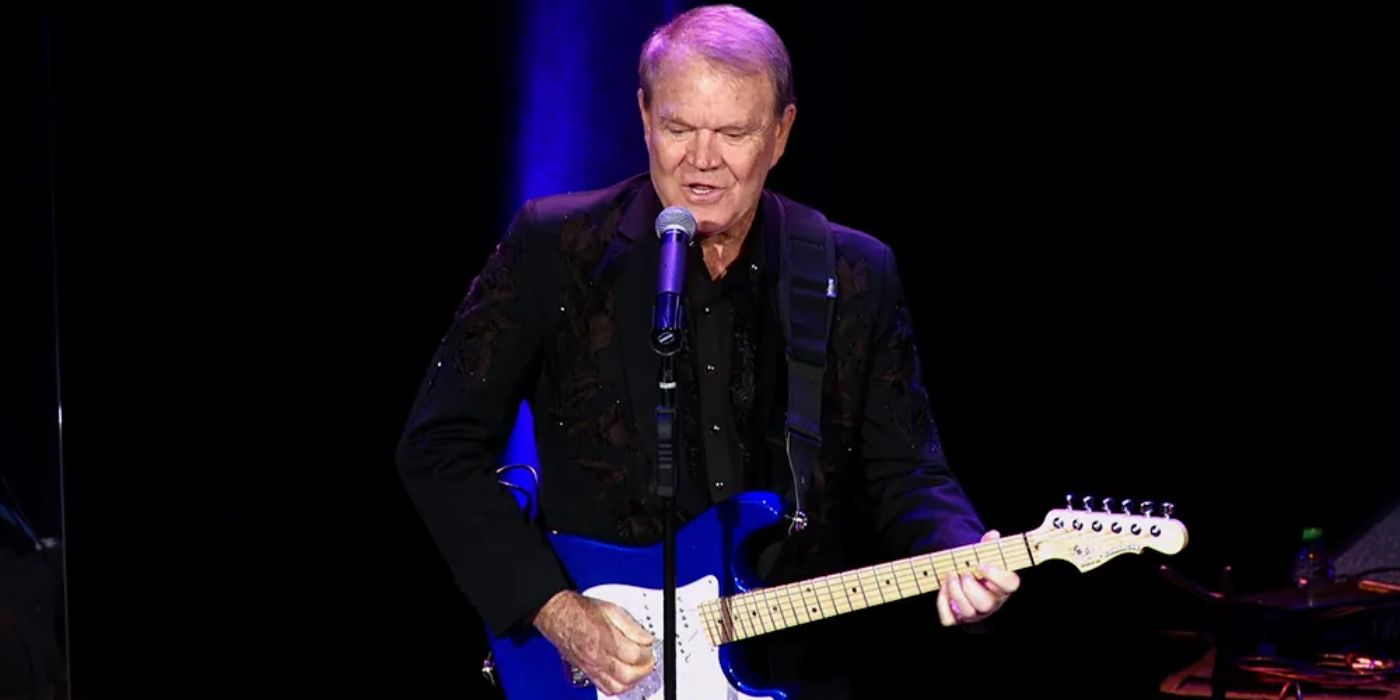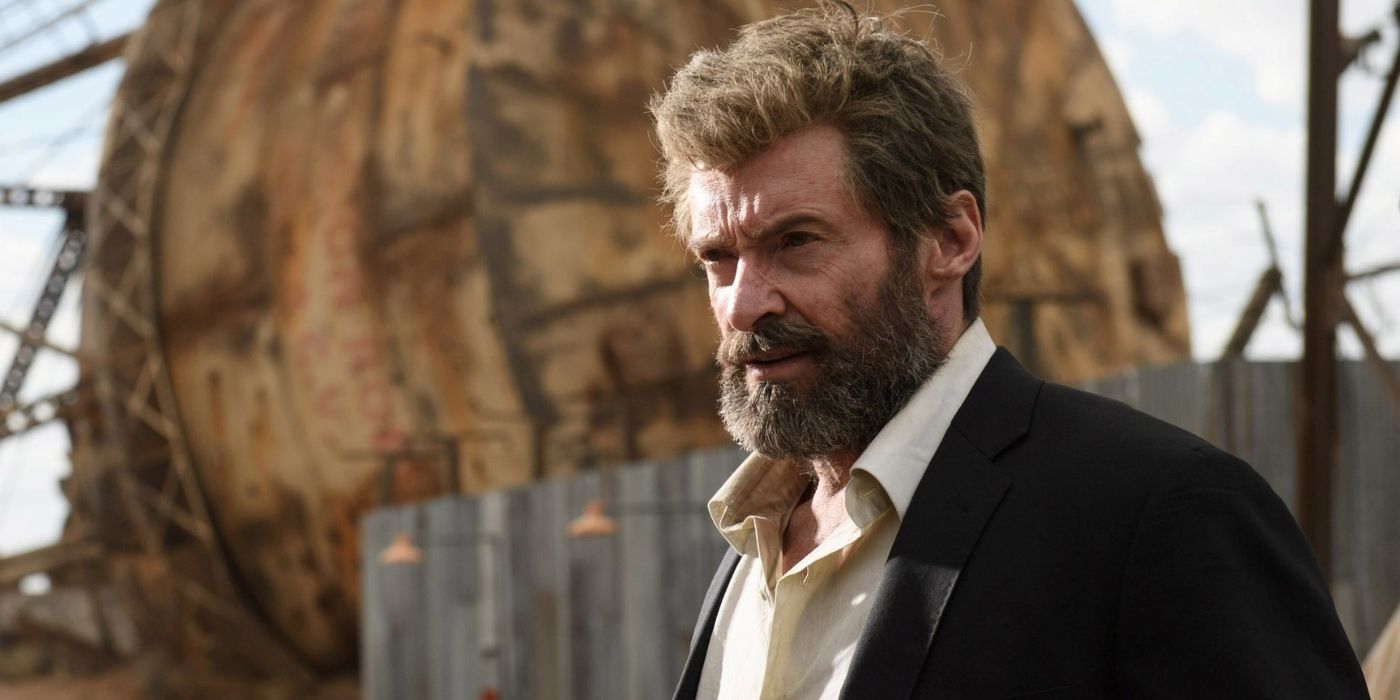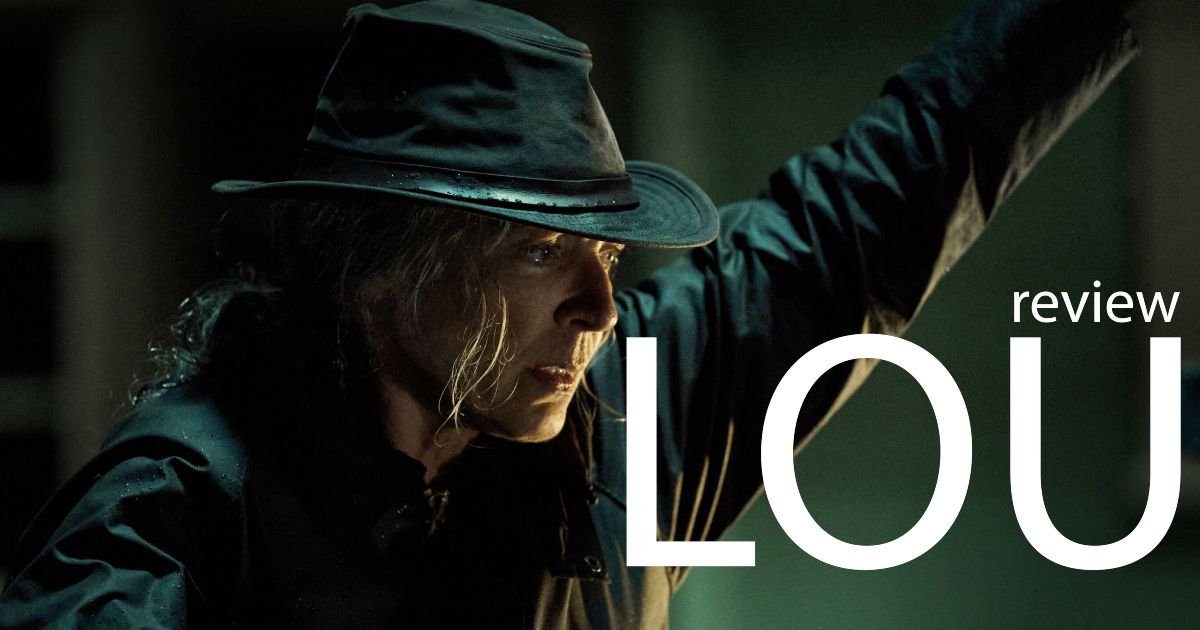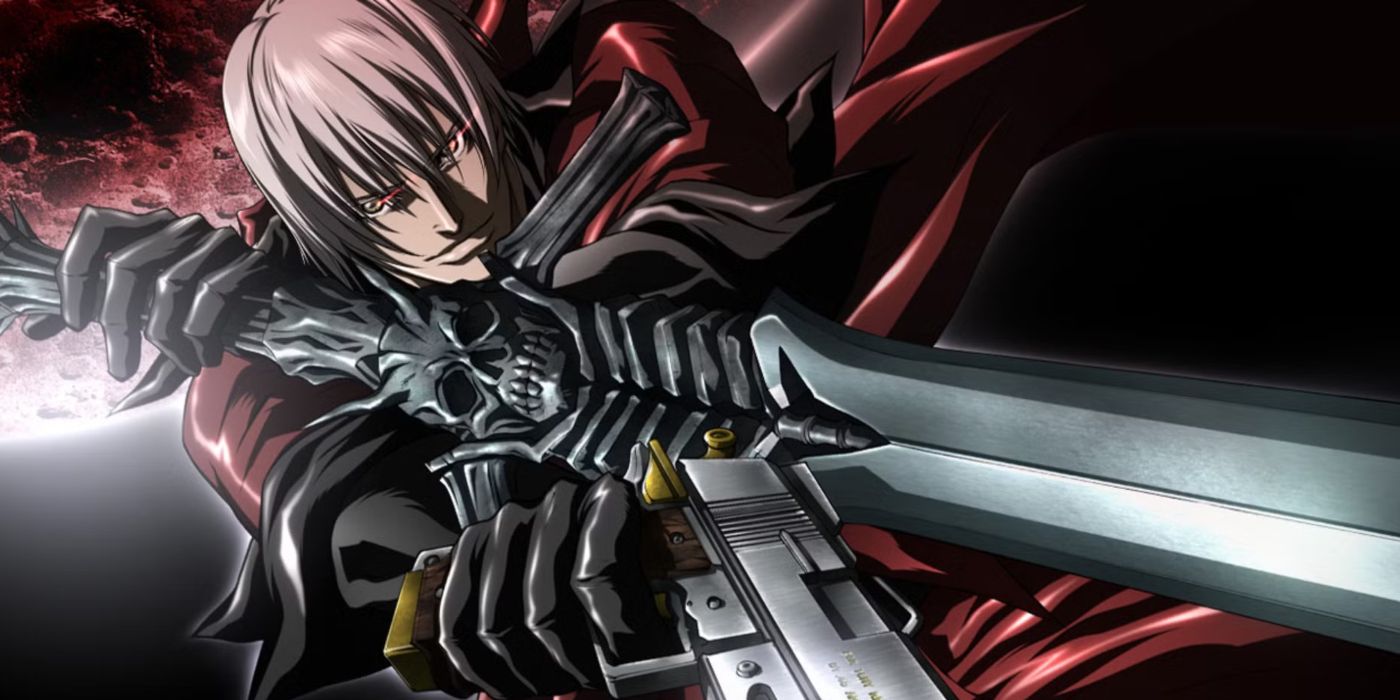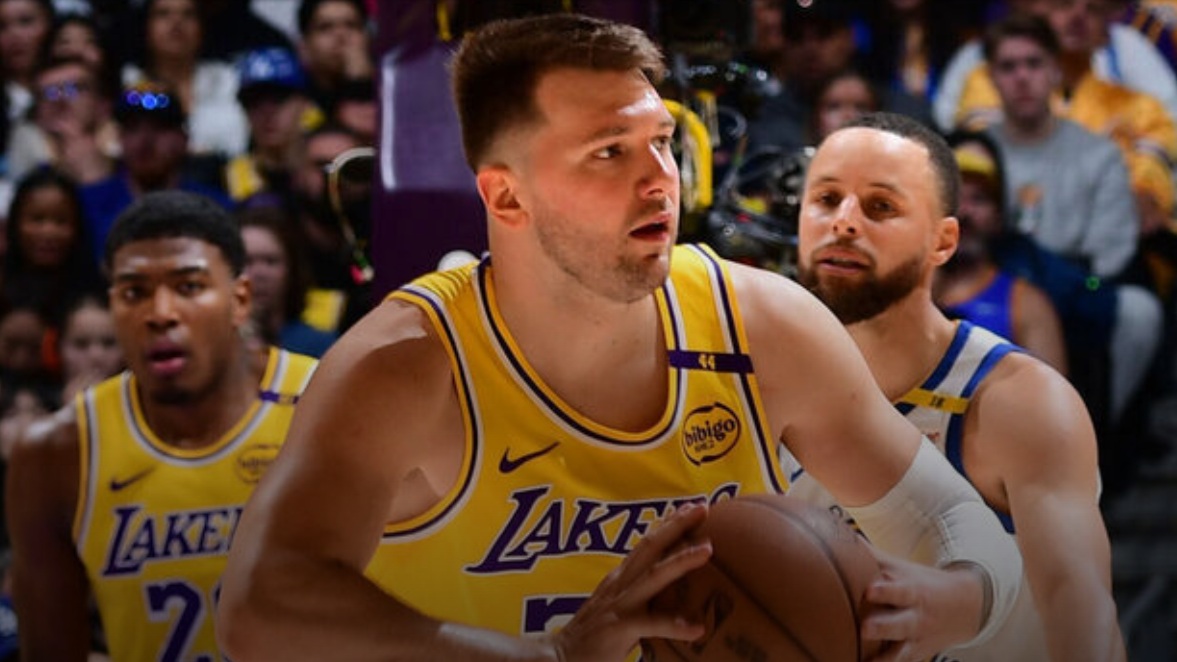Based on the 2016 Pulitzer Prize-winning novel by Colson Whitehead, “The Underground Railroad” is a story divided into ten chapters, but not in a traditional episodic manner. Some of the chapters are nearly feature-length, and could be analyzed and appreciated on their own, not unlike something like “The Dekalog” or “Small Axe.” Jenkins has been given complete freedom in terms of structure with episodes running as long as 77 minutes and the shortest coming in just under 20 minutes, more than half of which has no dialogue. The very structure of “The Underground Railroad” speaks to Jenkins’ ambition, one that somehow feels both episodic in that any of the ten chapters could be deconstructed on their own and often have standalone stories but the project gains its strength when seen as a comprehensive whole. Having said that, I would not advise viewers to binge watch this series in a weekend and think Amazon would have been wiser to release episodes weekly, allowing each of them to be absorbed in a way that binging doesn’t do. This is an experience that shouldn’t be rushed.
“The Underground Railroad” is the story of Cora (Thuso Mbedu), a slave on a Georgia plantation in the mid-1800s who escapes with another slave named Caesar (Aaron Pierre) and finds her way to the Underground Railroad, reimagined here as an actual rail system complete with conductors, engineers, and trains. In the premiere, Cora is told that she will see America as she looks out the window of the train, and the arc of the series fulfills that in a sense as she’s taken across the country, first to a community that seems safer but harbors dark secrets and through the heartland of the nation in a way that makes her confront her past and future. A vicious slave catcher named Ridgeway (Joel Edgerton) tracks her, but “The Underground Railroad” is more than a mere chase story. The overall arc of Cora’s narrative ebbs and flows through viciously realistic violence and into more dreamlike fantasies and back again.
Every performance resonates in “The Underground Railroad” but it’s Mbedu who’s asked to carry most of the production, and she delivers. It’s a very subtle performance that grows in strength, and it was smart to cast newcomers as Cora and Caesar. (Pierre is excellent too.) Jenkins has such an eye for young Black talent, as evidenced by his ensembles in “Moonlight” and “Beale Street.” That hasn’t changed. He also directs more familiar faces like Peter Mullan, Damon Herriman, and William Jackson Harper to fantastic supporting performances, and gets the best work yet in the underrated career of Joel Edgerton, who deftly avoids humanizing a monster too much and yet makes him feel three-dimensional at the same time.
You can view the original article HERE.





